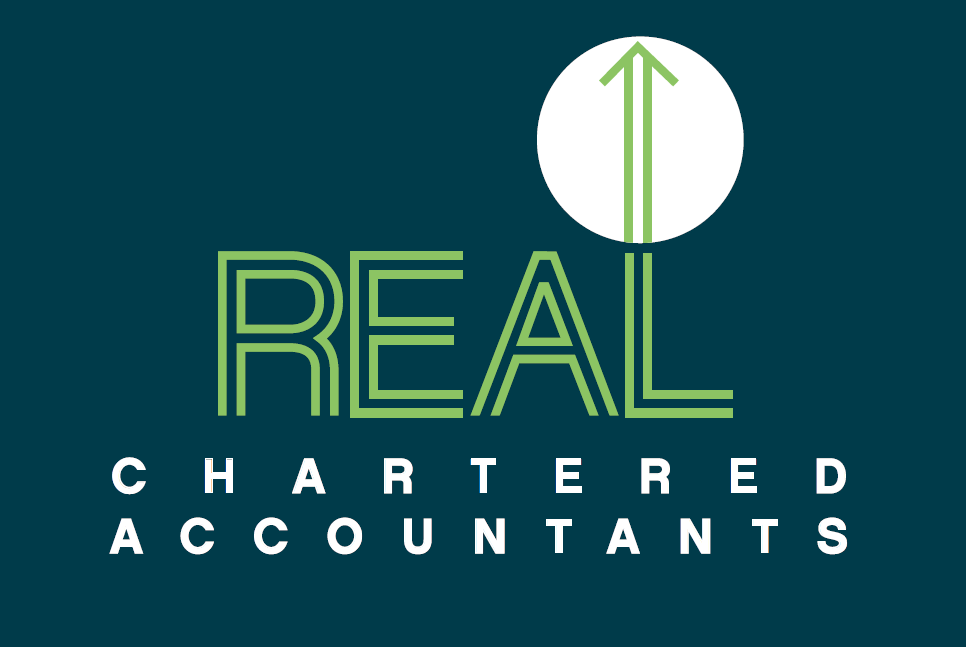NEWS
Cryptocurrency

What is It?
Cryptocurrency is a digital medium of exchange – a type of crypto asset. It uses cryptography and blockchain technology to regulate and verify transactions. Transactions are decentralised/peer to peer so occur without any intermediary. There are over 5,000 different cryptocurrencies each with different characteristics and rights. For example, Bitcoin is more useful for storing value and Ethereum can be used transactionally. Cryptocurrencies you may have heard of include Bitcoin (BTC), Ethereum (ETH) and Ripple (XRP).
Blockchain has a large number of users and in the future, we could be using blockchain to vote or to protect and share medical records. You may have heard of NFT’s which are non-fungible tokens, NFT’s certifies a digital asset to be unique and can be used to represent items such as photos, videos, audio, and other types of digital assets. NFTs are tracked on blockchains to provide the owner with proof of ownership that is separate from copyright.
The advantage of cryptocurrency is increased transparency, accurate tracking, cheaper for making international transactions as opposed to the traditional banking system and no 3rd party intermediary. The drawbacks are scalability, cybersecurity issues with the wallet and trading platforms, price volatility and lack of regulation.
Tax on cryptocurrency
NZ tax residents are taxed on worldwide income, non-resident or transitional residents are only taxed on NZ sourced income. The IRD has determined that Cryptocurrency is a property for tax purposes.
NZ sourced cryptocurrency income is when buying/selling on a NZ based cryptocurrency exchange such as Easy Crypto. Decentralised exchanges are more difficult to determine. If you are currently in your four-year transitional tax resident period and hold a large amount of cryptocurrency – please get in touch with your tax advisor as realising your gains just prior to becoming a NZ tax resident rather than after becoming a NZ tax resident may work to your advantage and give you a cost basis for your cryptocurrency upon becoming a NZ tax resident.
Disposal of cryptocurrency includes swapping one type of cryptocurrency for another OR exchanging for fiat currency. Three circumstances where personal property is taxed is when it is acquired for the purposes of disposal, trading in cryptocurrency and using cryptocurrency for a profit-making scheme. IRD have concluded it has similar characteristics to gold and is not used, so you must have acquired it for the intent of disposal, so the base assumption is that cryptocurrency is held on a revenue account, therefore if you buy and sell you are taxed on the gain. It would be up to you to prove to the IRD that you were buying as a store of value. If you can demonstrate that the cryptocurrency you purchased were transactional coins, you may be able to argue that you purchased the currency to use in the same way you use Fiat currency.
If you are a trader of cryptocurrency, holdings are taxed under trading stock rules, you return income upon sale and cost is determined on a First in First Out or Weighted Average Cost basis, the closing cost of holdings returned as income, opening cost of holdings allowed as a deduction.
Mining/Staking Cryptocurrency
Miners verify transactions on the blockchain ledger, release new currency into circulation and are rewarded with cryptocurrency. If your turnover from mining is over $60k per year, you would be required to register for GST. If you are working for overseas entities, GST on your income would be zero-rated, though you would be able to claim GST back on your computer equipment.
Staking is a less resource-intensive alternative to mining, locking cryptocurrencies to receive rewards. These rewards are income for tax purposes.
Cryptocurrency Received as Payment for Goods & Services
Cryptocurrency received as payment for goods and services is taxable income. You need to calculate the value of cryptocurrency in NZD when you receive it. Conversion rates can be obtained from CoinMarketCap, Finance Yahoo or another public exchange with comprehensive KYC/AML procedures.
If these cryptocurrencies received are later sold, IRD considers this part of business profits so are generally taxable. Deductions are allowed for the initial cost/value when received.
GST & Cryptocurrency
From a GST perspective, cryptocurrency is treated as currency so excluded from GST. Services related to crypto-assets such as mining, providing exchange services, providing advice, computer services will remain subject to GST.
Record Keeping/Administration
Standard record-keeping rules apply and you must keep records for 7 years. Mobile/wallet exchanges should allow you to export records to commonly used file formats. You should also keep bank statements and wallet addresses for verification. Some software providers are developing accounting and tax reporting products.
Please note that the IRD have been active in this space, requesting details from crypto-exchanges (customer/trading info). NZ has data exchange agreements with 120 countries. The IRD will face challenges to process the data but take the assumption that the IRD will eventually catch up and will have access to some if not all of your trading information.
www.taxoshi.com is a NZ startup that allows you to export your trading history from their support exchanges and upload the files directly into the Wizard to calculate your tax obligations in accordance with Inland Revenues latest guidance.
If you have any questions in regard to tax on cryptocurrency gains/losses, please contact us.
Disclaimer
This information is intended to provide general advice only. We recommend you discuss your specific situation with your Accountant.









